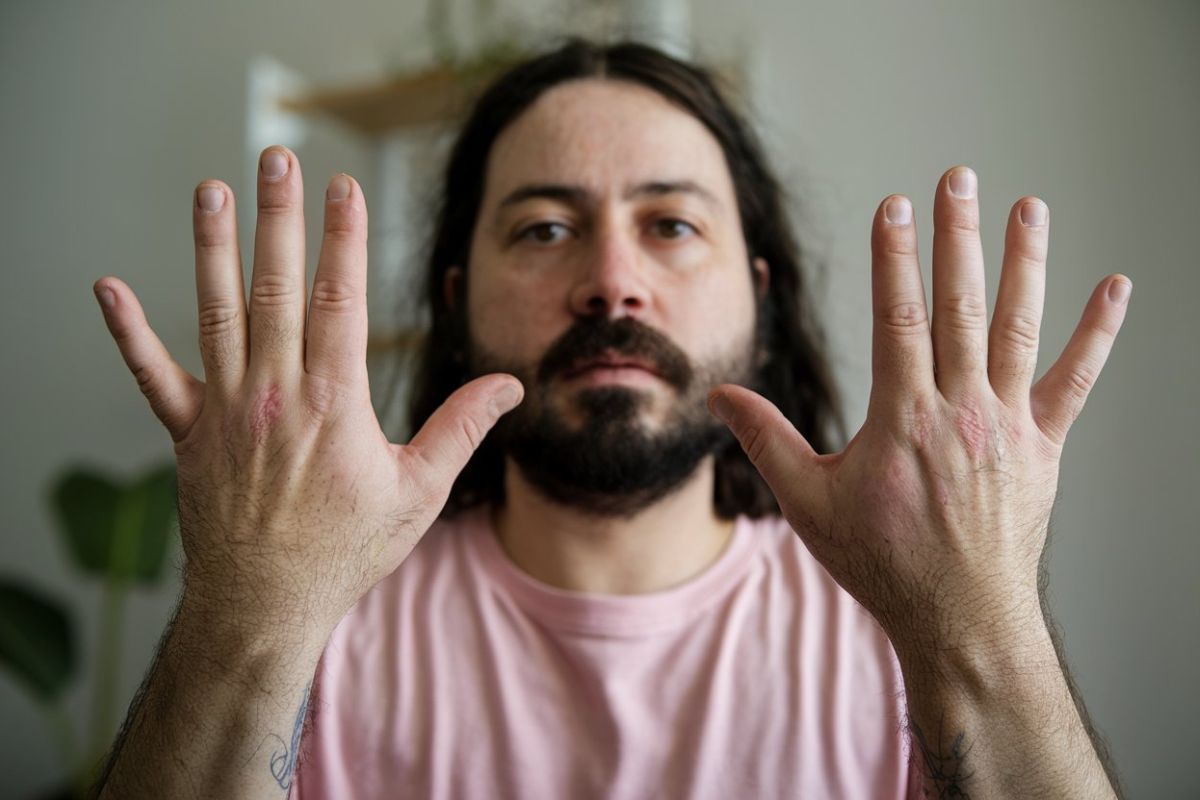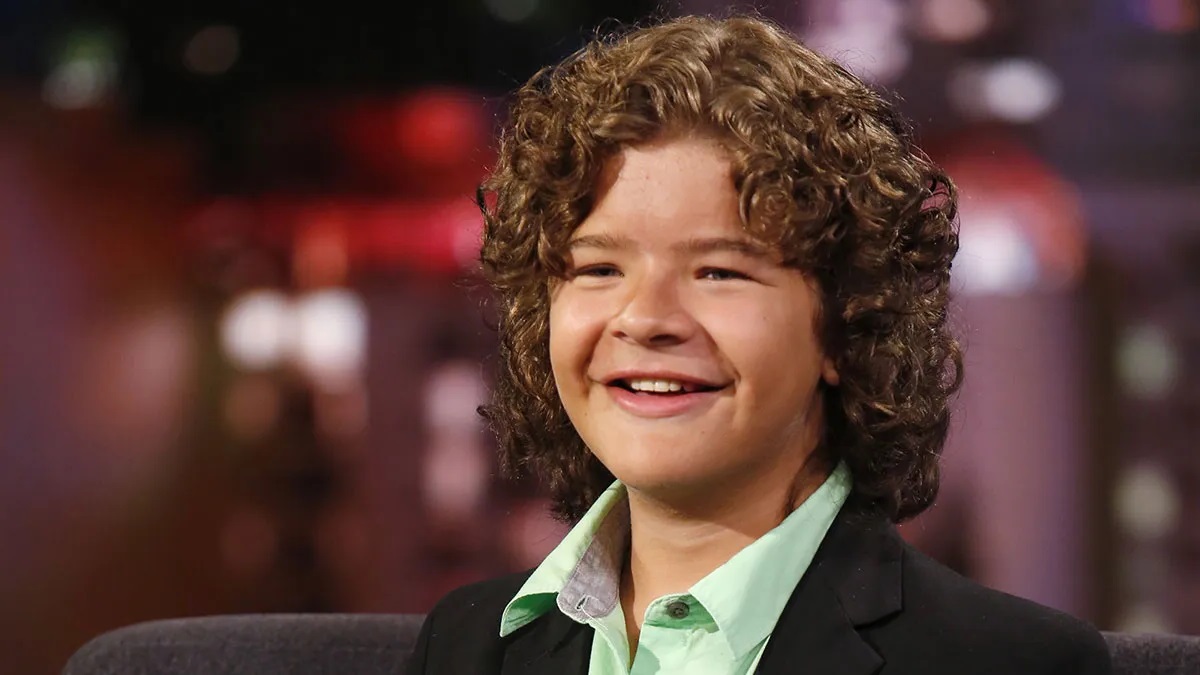
What is Partial Androgen Insensitivity Syndrome (PAIS)? PAIS is a genetic condition where the body's cells partially fail to respond to androgens, the male sex hormones. This can lead to a range of physical traits that don't fit typical definitions of male or female. People with PAIS might have ambiguous genitalia, undescended testes, or other variations in sexual development. The condition is caused by mutations in the androgen receptor (AR) gene, which is located on the X chromosome. PAIS is inherited in an X-linked recessive pattern, meaning it primarily affects individuals with one X and one Y chromosome. Understanding PAIS is crucial for providing appropriate medical and psychological support to those affected.
Key Takeaways:
- Partial Androgen Insensitivity Syndrome (PAIS) is a genetic condition affecting sexual development, leading to a wide range of physical and psychological challenges. It requires multidisciplinary management and support for affected individuals and their families.
- Individuals with PAIS may exhibit a variety of clinical features and phenotypic presentations, making each case unique. Understanding and addressing the physical, psychological, and social challenges associated with PAIS is crucial for improving the quality of life for affected individuals.
Understanding Partial Androgen Insensitivity Syndrome
Partial Androgen Insensitivity Syndrome (PAIS) is a genetic condition that affects sexual development. It can present a range of physical and psychological challenges. Here are some key facts to help you understand PAIS better.
-
Definition: PAIS is a condition where the body's cells and tissues are partially insensitive to androgens, leading to impaired masculinization of the genitals and secondary sexual characteristics during puberty.
-
Genetic Basis: PAIS is caused by mutations in the androgen receptor (AR) gene, which is located on the X chromosome. This gene plays a crucial role in mediating the effects of androgens in the body.
-
Inheritance Pattern: PAIS is inherited in an X-linked recessive pattern, meaning that the condition primarily affects males who have one X chromosome with the mutated AR gene. Females can be carriers of the mutation but typically do not exhibit symptoms.
-
Prevalence: The exact prevalence of PAIS is difficult to determine, but it is estimated to occur in approximately 1 in 20,000 to 64,000 XY births.
Clinical Features and Variability
PAIS can manifest in various ways, making each case unique. Understanding the clinical features and variability helps in managing the condition effectively.
-
Clinical Features: Individuals with PAIS may exhibit a range of clinical features, including ambiguous genitalia at birth, undescended testes, hypospadias (urethra located on the underside of the penis), and/or bifid scrotum (scrotum split in two). Some may have more female-appearing genitals and physical features, including a large clitoris (clitoromegaly) and male breast development (gynecomastia).
-
Phenotypic Variability: The degree of androgen insensitivity can vary significantly among individuals with PAIS, leading to a wide range of phenotypic presentations. Some may have genitalia that appear more male-like, while others may have more female-appearing genitalia.
-
Infertility: Most individuals with PAIS are infertile due to the impaired development of the reproductive system. However, some cases have reported exceptions where fertility might be possible.
-
Gonadectomy Risk: There is a 50% risk of germ cell malignancy in individuals with PAIS if their testes are undescended. Even if the testes are located intrascrotally, there is still a significant risk of germ cell malignancy.
-
Sexual Dysfunction: Some men with PAIS may experience sexual dysfunction, including impotence and anejaculation. This can be due to the impaired development of the reproductive system and potential psychological factors.
-
Prostate and Breast Cancer Risk: Certain AR mutations associated with PAIS have been linked to an increased risk of prostate and breast cancers.
Psychological and Social Challenges
Living with PAIS can be challenging, not just physically but also psychologically and socially. Awareness and support are crucial.
-
Vaginal Hypoplasia: Vaginal hypoplasia, a condition where the vagina is underdeveloped, is relatively common in individuals with PAIS. This can lead to sexual difficulties, including vaginal penetration difficulties and dyspareunia.
-
Psychological Challenges: Individuals with intersex conditions, including PAIS, may face significant psychological challenges due to societal attitudes and parental behaviors. Preventative long-term psychological counseling for both parents and affected individuals is crucial.
-
Lifespan: The lifespan of individuals with PAIS is not significantly affected by the condition itself, but the associated health issues and psychological challenges can impact overall well-being.
Management and Treatment
Managing PAIS involves a multidisciplinary approach to address both physical and psychological aspects. Here are some key management strategies.
-
Management: The management of PAIS is primarily symptomatic, focusing on addressing the physical and psychological impacts of the condition. This includes sex assignment, genitoplasty, gonadectomy to reduce tumor risk, hormone replacement therapy, genetic counseling, and psychological counseling.
-
Sex Assignment: Decisions regarding sex assignment are complex and often involve multidisciplinary teams. The choice of sex assignment can significantly influence the individual's quality of life and psychological well-being.
-
Genitoplasty: Surgical interventions, such as genitoplasty, may be necessary to correct the physical appearance of the genitalia. These procedures can vary widely depending on the individual's specific needs and preferences.
-
Gonadectomy: Gonadectomy, the surgical removal of the gonads (testes or ovaries), is often performed to reduce the risk of germ cell malignancy in individuals with undescended testes. This procedure also involves hormone replacement therapy to manage hormonal imbalances.
-
Hormone Replacement Therapy (HRT): HRT is essential for individuals with PAIS to manage hormonal imbalances and support the development of secondary sexual characteristics. The type and duration of HRT depend on the individual's specific needs and sex assignment.
-
Genetic Counseling: Genetic counseling is crucial for individuals with PAIS and their families. It helps in understanding the genetic basis of the condition, the risk of transmission, and the implications for future generations.
-
Psychological Counseling: Psychological counseling is essential for individuals with PAIS to address the emotional and psychological challenges associated with the condition. It helps in coping with societal stigma, parental attitudes, and personal identity issues.
Notable Individuals and Historical Context
PAIS has been recognized throughout history, and some notable individuals have made significant contributions despite their condition.
-
Notable Individuals: There are several notable individuals with PAIS who have made significant contributions to society. For example, Tony Briffa, an Australian-Maltese advocate, is considered the world's first openly intersex mayor and public office-bearer.
-
Historical Context: The Roman sophist and philosopher Favorinus of Arelate has been described as having partial androgen insensitivity syndrome. This historical context highlights the long-standing recognition of intersex conditions in ancient cultures.
Advocacy and Rights
Advocacy for intersex individuals, including those with PAIS, is crucial for ensuring equal rights and protections.
-
Intersex Rights: The rights of intersex individuals, including those with PAIS, vary significantly by country. Advocacy efforts are ongoing to ensure equal rights and protections for intersex individuals.
-
Surgical Interventions: Surgical interventions for PAIS can be complex and involve multiple procedures. These interventions aim to improve the physical appearance of the genitalia and enhance the individual's quality of life.
-
Hormonal Imbalances: Individuals with PAIS often experience hormonal imbalances due to the impaired function of the androgen receptor. Hormone replacement therapy helps in managing these imbalances and supporting the development of secondary sexual characteristics.
-
Ambiguous Genitalia: Ambiguous genitalia at birth are a common feature of PAIS. This ambiguity can lead to significant psychological challenges and necessitates careful management and counseling.
-
Clitoromegaly: Clitoromegaly, or the enlargement of the clitoris, is a common feature in individuals with PAIS. This condition can lead to sexual difficulties and necessitates surgical interventions to correct the appearance of the genitalia.
-
Gynecomastia: Gynecomastia, or the enlargement of male breasts, is another common feature in individuals with PAIS. This condition can lead to psychological distress and necessitates surgical interventions to correct the appearance of the breasts.
-
Intersex Variations: PAIS is one of several intersex variations that affect sexual development. Understanding these variations is crucial for providing appropriate care and support to affected individuals.
-
Advocacy Efforts: Advocacy efforts for intersex individuals, including those with PAIS, are ongoing. These efforts aim to raise awareness about intersex conditions, promote inclusivity, and advocate for equal rights and protections.
Understanding PAIS: A Lifelong Journey
Partial Androgen Insensitivity Syndrome (PAIS) is a complex condition that affects sexual development and can lead to a range of physical and psychological challenges. With its genetic basis in the androgen receptor (AR) gene, PAIS presents a spectrum of symptoms, from ambiguous genitalia to infertility. Management involves a multidisciplinary approach, including medical, surgical, and psychological interventions. Hormone replacement therapy, genitoplasty, and gonadectomy are common treatments. Psychological support is crucial for both individuals and their families to navigate societal attitudes and personal identity issues. Advocacy efforts continue to raise awareness and promote inclusivity for intersex individuals. Understanding PAIS is essential for providing appropriate care and support, ensuring a better quality of life for those affected.
Frequently Asked Questions
Was this page helpful?
Our commitment to delivering trustworthy and engaging content is at the heart of what we do. Each fact on our site is contributed by real users like you, bringing a wealth of diverse insights and information. To ensure the highest standards of accuracy and reliability, our dedicated editors meticulously review each submission. This process guarantees that the facts we share are not only fascinating but also credible. Trust in our commitment to quality and authenticity as you explore and learn with us.


